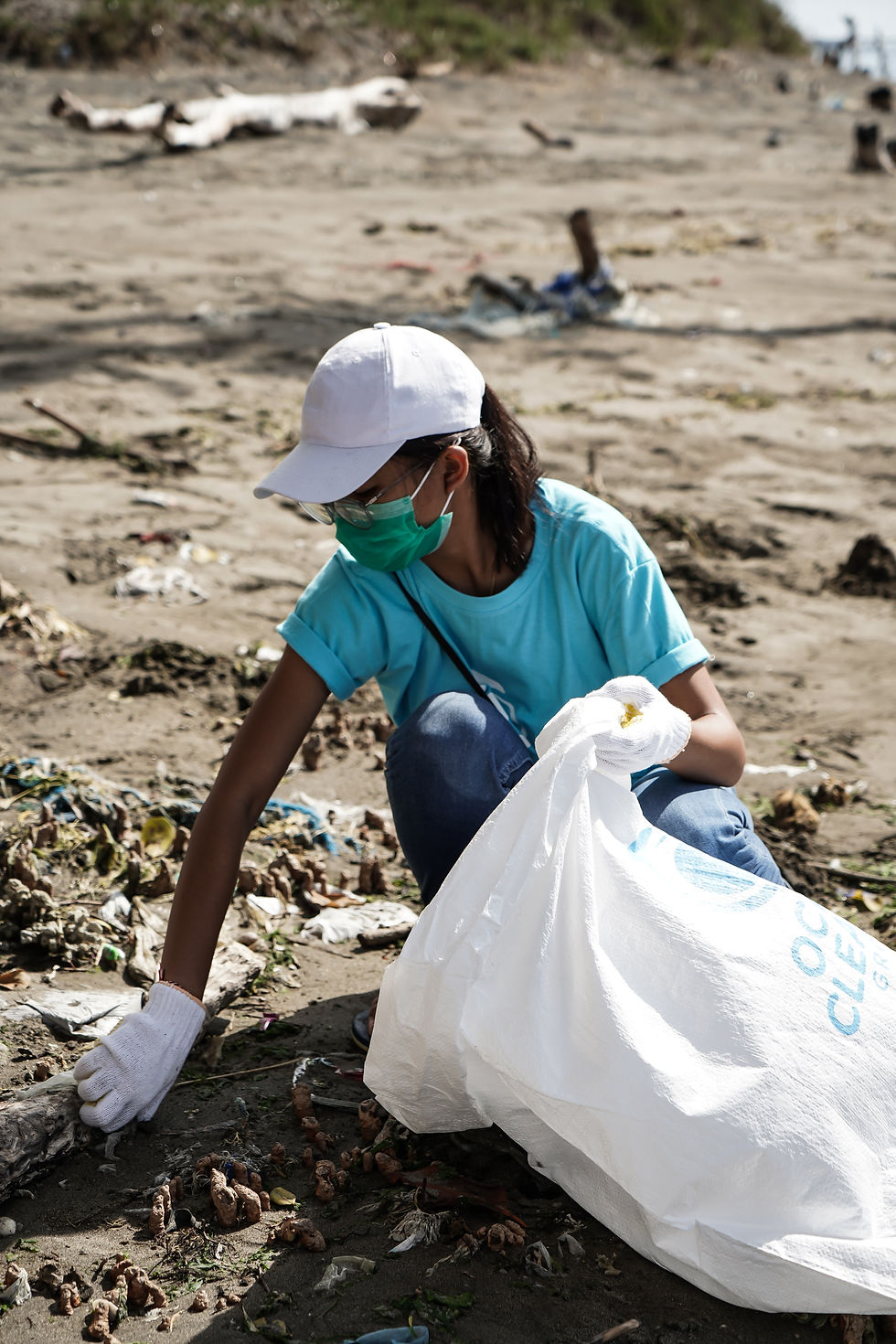
Today is also the feast day of St. Francis of Assisi. This 13th century Italian saint, because of his love of nature and creation, has been dubbed the patron saint of the environment. Today, our readings point us to the type of care that God has given – and expects – from His People, using an environmental image: that of the vineyard.
According to Isaiah, “The vineyard of the LORD of hosts is the house of Israel.” By extension, and through the embrace of Jesus, that vineyard becomes all the people of God. Today, I think it is worthwhile to reflect on the environmental implications of this image for us as Christians. In particular, what does Jesus’ parable have to tell us about our place in creation and what God expects of us? The actions of the landowner and those of the tenants serve to give us a sense of how our relationship with God, us and the world should work.
The Social Doctrine of the Church devotes a section to humanity’s duty toward the environment. It deals with themes of stewardship and proper relations between humans and the earth and humans and God - what Scripture and theology would term “justice.” Listen to what it says at the outset:
“The relationship of man with the world is a constitutive part of his human identity. This relationship in turn is the result of a still deeper relationship between man and God. The Lord has made the human person to be a partner with him in dialogue. Only in dialogue with God does the human being find his truth, from which he draws inspiration and norms to make plans for the future of the world, which is the garden that God has given him to keep and till” (CSDC, 452).
Thus, our care for what we have been given is a reflection of how in touch we are with the One who has given to us. The tenants in Jesus’ story today were not in touch with the landowner. Certainly, they knew the vineyard was not theirs’ they knew who had hired them. Yet, when the servants came to announce the landowner’s will, the tenants didn’t even talk with them. They mistreated, beat and even killed them without a word being spoken. That is a reflection of the lack of dialogue that can bring mistreatment of the environment, the gifts that God has given.
So, prayer should be a part of our relationship with the environment. How are we to manage this vineyard as it is given to us? What is the purpose of our technology and how should we best use it? Should we do this or that with nature or biology? These are questions that we are not left on our own to answer. We have that relationship that we nurture here to help guide us in our actions.
Another point from this parable is raised by St. John Chrysostom, who preached on this in the fourth century. Chrysostom notes that the landowner was the one who did all the real work as far as the vineyard is concerned: he cleared it; he planted it; he watered it, hedged it in and cared for it; then he handed it over to the tenants for caretaking. They had no real “work” to do, other than keeping the vineyard clean and productive.
We have been handed this great gift of our planet, which we had no hand in creating. Our task is also one of caretakers. Our care for the earth, again, is a reflection of our care for the One who has given this gift to us. This is why we have responsibilities as far as our use of technology goes. Human technology is not merely our way of “dominating” the earth; rather, it is our way of using our talents and ingenuity to cooperate in care for creation with God. Vatican II recognizes this in its “Pastoral Constitution on the Church in the Modern World”:
“Thus, far from thinking that works produced by man's own talent and energy are in opposition to God's power, and that the rational creature exists as a kind of rival to the Creator, Christians are convinced that the triumphs of the human race are a sign of God's grace and the flowering of His own mysterious design” (GS, 34).
How we put our gifts to use reflects our own gratitude. Recklessness with God’s creation is not a sign of this gratitude. We have to be wise and prudent in our use of our blessings – and this extends beyond just nature and the environment: we have been handed a wonderful tradition in our Church, in our liturgy, in our families, in our nation and government. The Church’s Social Doctrine, again, can be helpful here:
“As regards the ecological question, the social doctrine of the Church reminds us that the goods of the earth were created by God to be used wisely by all. They must be shared equitably, in accordance with justice and charity” (CSDC, 481).
The tenants in Jesus’ parable lost the great gift they were given because of the disdain that they showed for it – and by extension, the disdain they showed to the landowner. May we never be guilty of the same thing, and show our gratitude for God’s many gifts by our just, charitable and loving use of the blessings of creation.

Kommentare